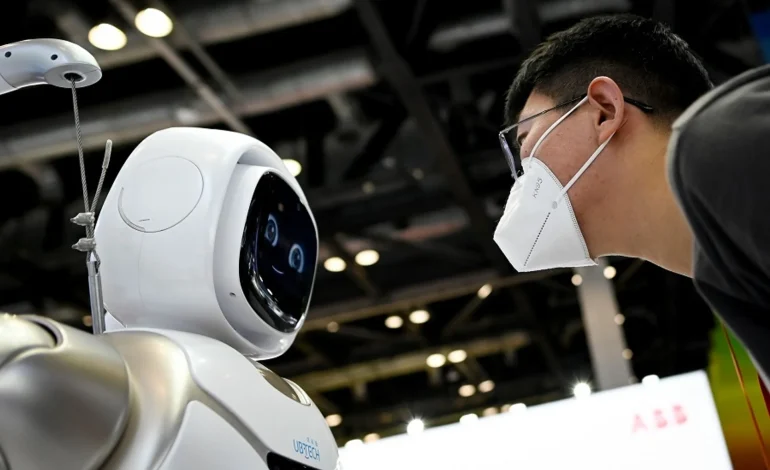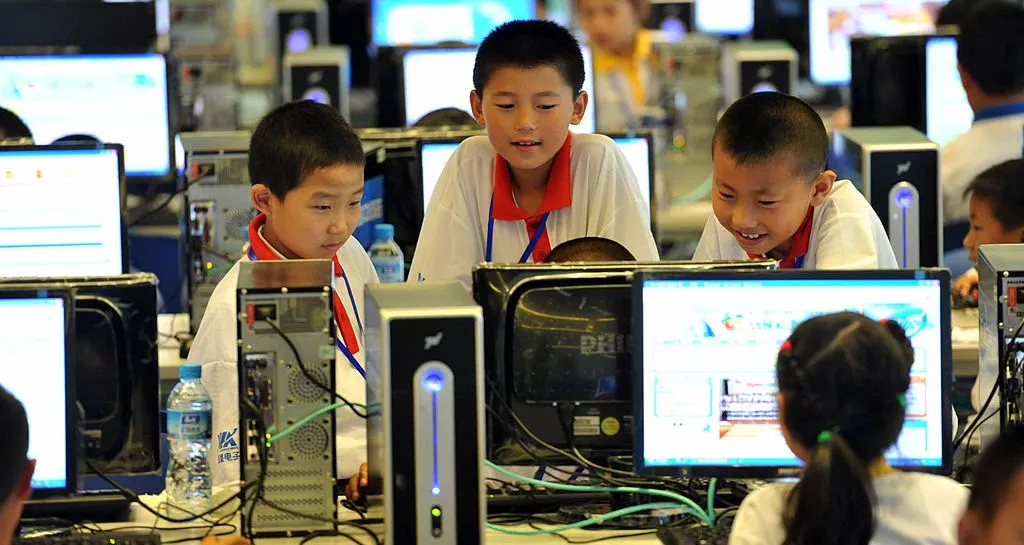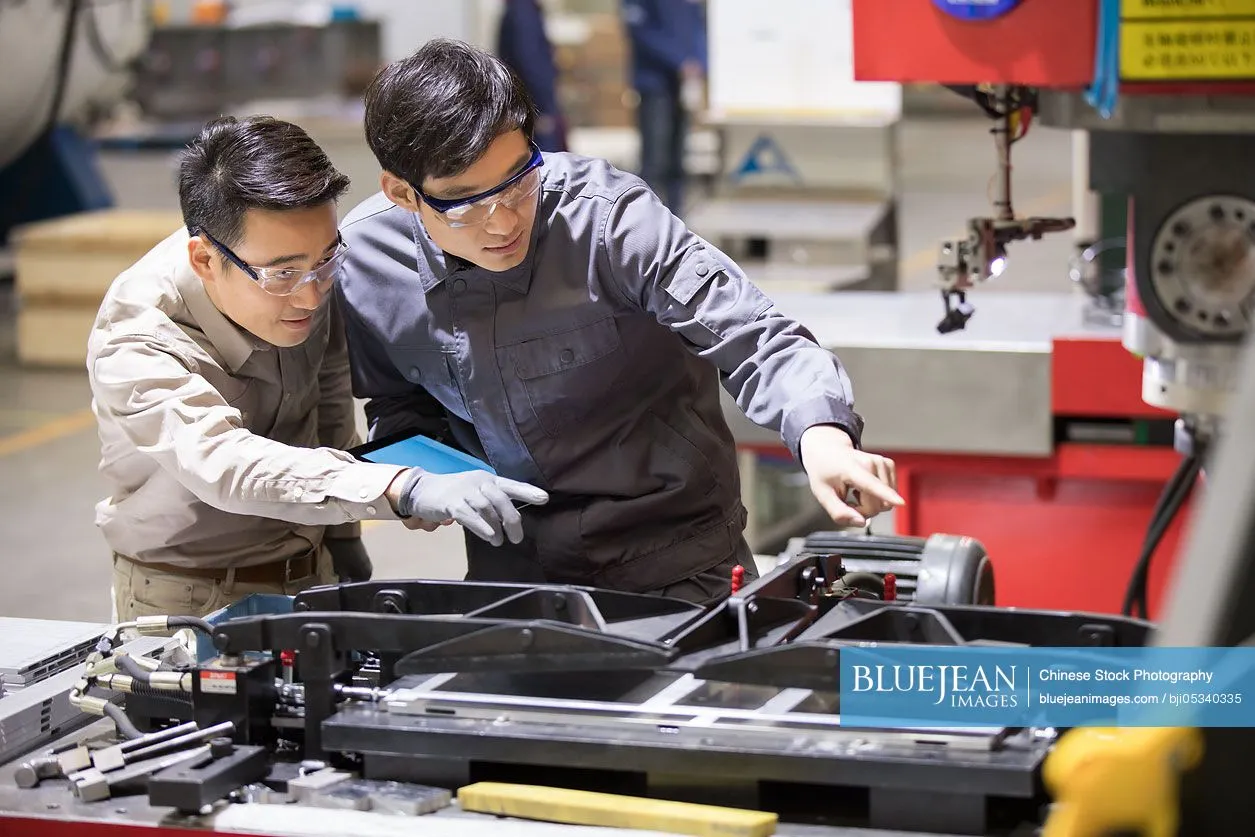China’s Monthly Hero – The Innovator Behind Rural EdTech

How one young entrepreneur is transforming education access in underserved provinces.
A Hero in the Classroom
Each month, ChinaCrunch highlights a figure reshaping the nation’s future. This month’s hero is Liu Xiaoyun, a 28-year-old founder of a rural education technology startup that blends AI tutors, cloud classrooms, and micro-financing tools to bridge the education gap between cities and villages.
Liu represents a new wave of purpose-driven entrepreneurs, whose innovations are less about profit alone and more about social transformation.
The Rural Education Gap
China’s urban schools are among the most competitive in the world, but rural students often lack access to quality teachers, resources, and technology. This imbalance has long reinforced cycles of inequality.
Liu grew up in a small Henan village and personally experienced the divide. After studying computer science in Beijing, he returned home determined to create an AI-powered platform that could deliver quality lessons to students who would otherwise be left behind.
Building the Platform
The startup’s platform uses:
- AI tutors to personalize lessons for math, English, and science.
- Cloud classrooms that connect rural students to certified teachers in cities.
- Smart tablets preloaded with offline content for areas with poor connectivity.
This hybrid model ensures that even in regions without strong internet, students can still access interactive and adaptive learning tools.
Financing Education Access
Cost is one of the biggest barriers for rural families. To solve this, Liu’s team partnered with local fintech providers to create low-interest microloans for tablets and subscription plans.
In some pilot areas, families used digital settlement platforms that allowed them to pay gradually, ensuring affordability without burdening already strained household budgets. These tools made the difference between exclusion and inclusion for thousands of rural children.
Impact and Recognition
Within three years, the platform has reached more than 200,000 students across five provinces. Local governments now collaborate to integrate it into school systems, while NGOs have highlighted its impact on gender equality, ensuring that rural girls receive the same access as boys.
Liu has received recognition as one of China’s top “30 Under 30” education entrepreneurs, and his model is being studied for expansion into Southeast Asia and Africa.
Challenges Ahead
The journey is far from smooth. Liu faces:
- Infrastructure gaps, with broadband still unreliable in many villages.
- Teacher resistance, as some fear AI tutors may replace human educators.
- Funding pressures, as scaling requires sustained capital in a highly competitive edtech space.
Still, Liu believes the mission outweighs the obstacles. As he told a recent conference: “Education should not depend on geography. Technology gives us the tools to erase that barrier.”
A Broader Movement
Liu is not alone. Across China, young innovators are using AI, e-commerce, and digital health tools to solve rural challenges. These monthly heroes represent a broader shift from urban-centered tech to inclusive, socially impactful innovation.
The state has embraced this trend, offering subsidies and pilot programs that integrate rural edtech into national strategies for balanced development.
Outlook: A Heroic Legacy
Liu Xiaoyun’s work embodies a new kind of leadership in China: not just building unicorns, but building inclusive systems that uplift millions.
If scalable, his rural edtech model could inspire a generation of entrepreneurs across Asia and beyond, proving that the future of innovation lies as much in classrooms of remote villages as in the skyscrapers of Beijing or Shanghai.
For global readers, Liu’s story is a reminder that technology’s real test is not how fast it grows, but how deeply it transforms lives.






